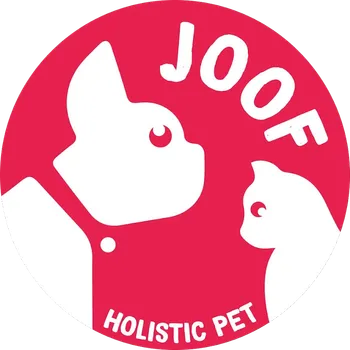Common Coconut Oil Myths
There have been many misleading information and erroneous claims about coconut oil. The following lists some of these claims and the truth about them.
| FALSE CLAIMS | TRUTHS |
|---|---|
| Coconut oil is high in cholesterol | Coconut oil has no cholesterol. |
| Coconut oil is like animal fats-- saturated. | Both fats are saturated fats, but their composition is very different. Animal fats are comprised of long chain fatty acids (LCFA), meaning it is made up of 14-24 carbon atoms. Coconut oil contain medium chain fatty acids (MCFA), which range from 8-12 carbon atoms. The length of the carbon chain in fats is a key factor in and seldom end up as body fat or as deposits in arteries. They produce energy, not fat. Medium chain fatty acids do not have a negative effect on blood cholesterol and help protect against heart disease. |
| Coconut oil increases cholesterol levels and causes heart disease. | Coconut oil has no cholesterol. The medium chain fatty acids (MCFA) in coconut oil are broken down and used for energy production and seldom end up as body fat or as deposits in arteries. They produce energy, not fat. Medium chain fatty acids do not have a negative effect on blood cholesterol and help protect against heart disease. People from countries who take large amounts of coconut oil (such as Polynesian Islands, Sri Lanka, India, and the Philippines) have shown to have low cholesterol and rarely develop heart diseases. |
| Polyunsaturated oils are the safest and the best. | Not true. Polyunsaturated oils are the sources of inflammatory prostaglandins, allergic leukotrienes, blood clot inducing thromboxane, and when partially hydrogenated, are converted to transfatty acids that are even more atherogenic (the ability to promote the development of atherosclerosis, the formation of a thick, plaque-induced containing cholesterol and other lipids, especially on the innermost layer of arterial walls.). Polyunsaturated fats (vegetable oils, such as corn, soy, safflower, and sunflower oils) are made up of double-carbon bonds, which are highly vulnerable to oxidation and free-radical formation. Polyunsaturated oils become toxic when they are oxidized as a result of exposure to oxygen, heat, or light, causing rancidity or formation of free radicals. Unfortunately, cooking accelerates the oxidizing process making the oil even more rancid and unhealthy. Because of this, It is best to keep vegetable oils in sealed, airtight, opaque containers and stored in the refrigerator to slow down rancidity. Unlike unsaturated fats, the saturated fats in coconut oil do not have any missing hydrogen atoms or double-bonded carbons. This means coconut oil is not vulnerable to oxidation and free-radical formation. Coconut oil that has been kept at room temperature for over a year has been tested for rancidity, and showed no evidence of it. |
Did You Know?
Historically, coconut oil is one of the earliest oils to be used as a food and as a pharmaceutical. Ayurvedic literature has long promoted the health benefits of coconut oil.
Medium chain fatty acids are added to most, if not all baby formulas. Wysong Mother's Milk© (Wysong Pet Supplements Nutrition Enhancement Mother's Milk for Cats & Dogs), which is formulated to mimic cat and dog milk contains coconut oil as a source of MCTs.
Coconut oil that has been kept at room temperature for over a year has been tested for rancidity, and showed no evidence of it. It is well established that dietary coconut oil reduces our need for vitamin E, and provides a significant source of antioxidants. As an antioxidant, it is 50 times more potent than Vitamin E, 15 times more potent than carrots, and 300 times more potent than tomatoes.
Coconut oil is essentially a nontoxic food. It is considered safer than soy, which many people eat by the pound. The FDA has included coconut oil on its list of foods that are "generally regarded as safe" (GRAS list). This is an exclusive list. Only those foods that have passed stringent testing and have a history of safe usage can qualify for inclusion on the GRAS list.
Something Else That You Should Know
CocoTherapy Coconut Oil for dogs and cats is 100% pure, USDA certified organic, virgin cold-pressed coconut oil!
